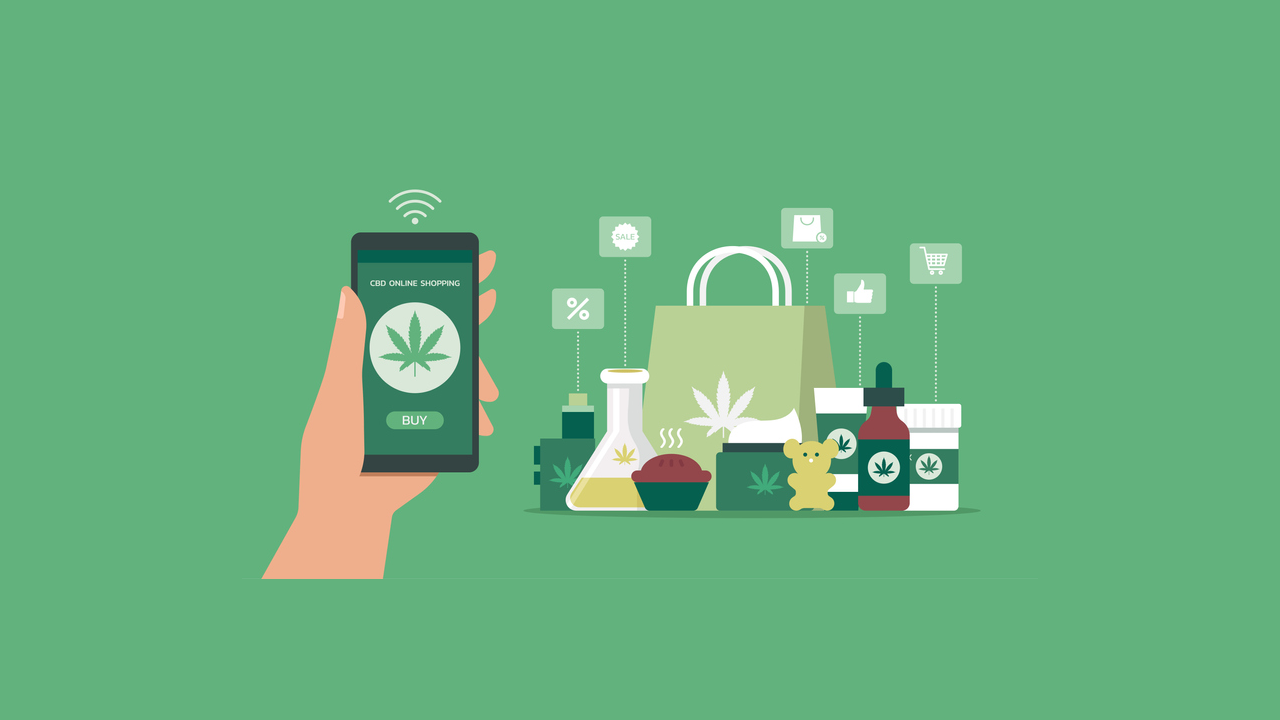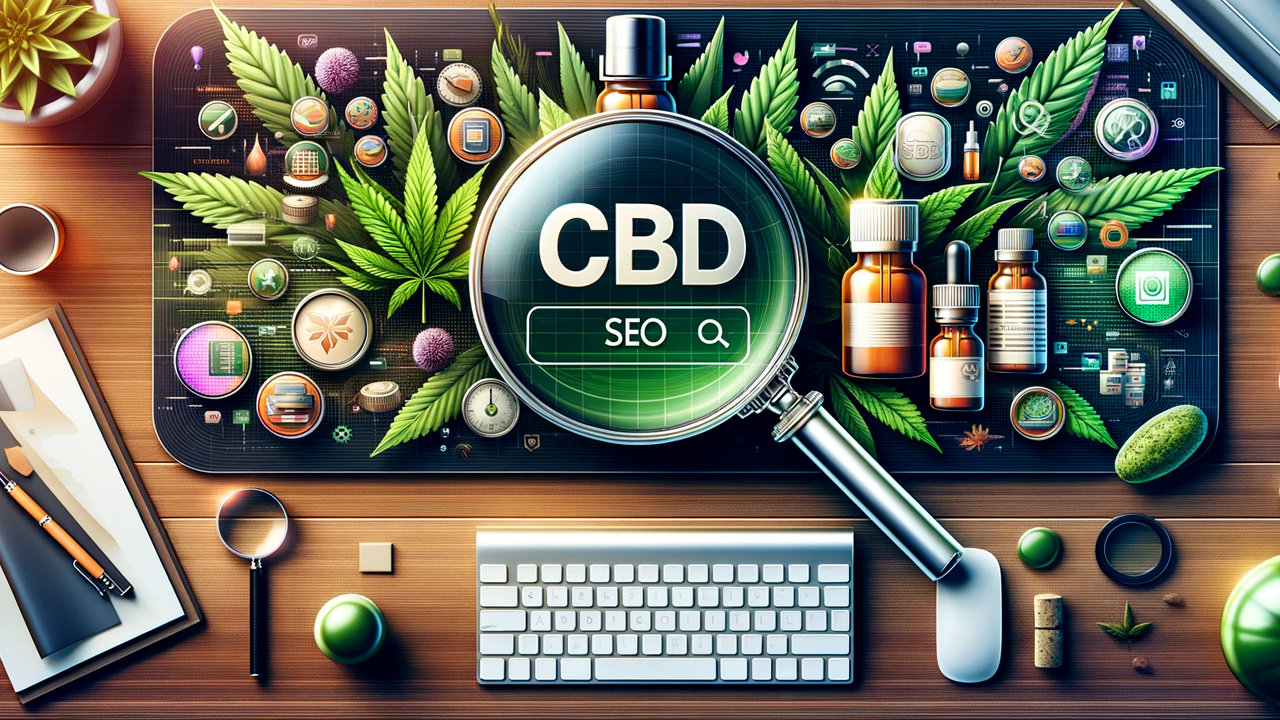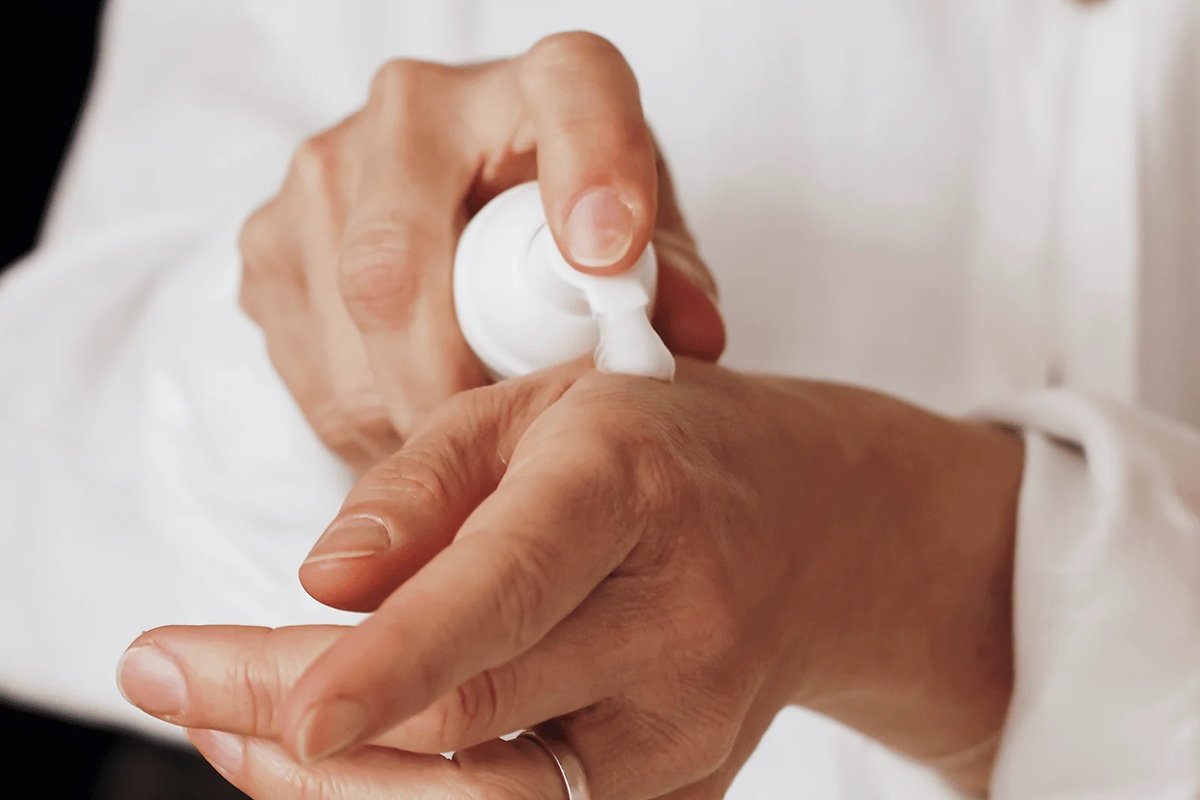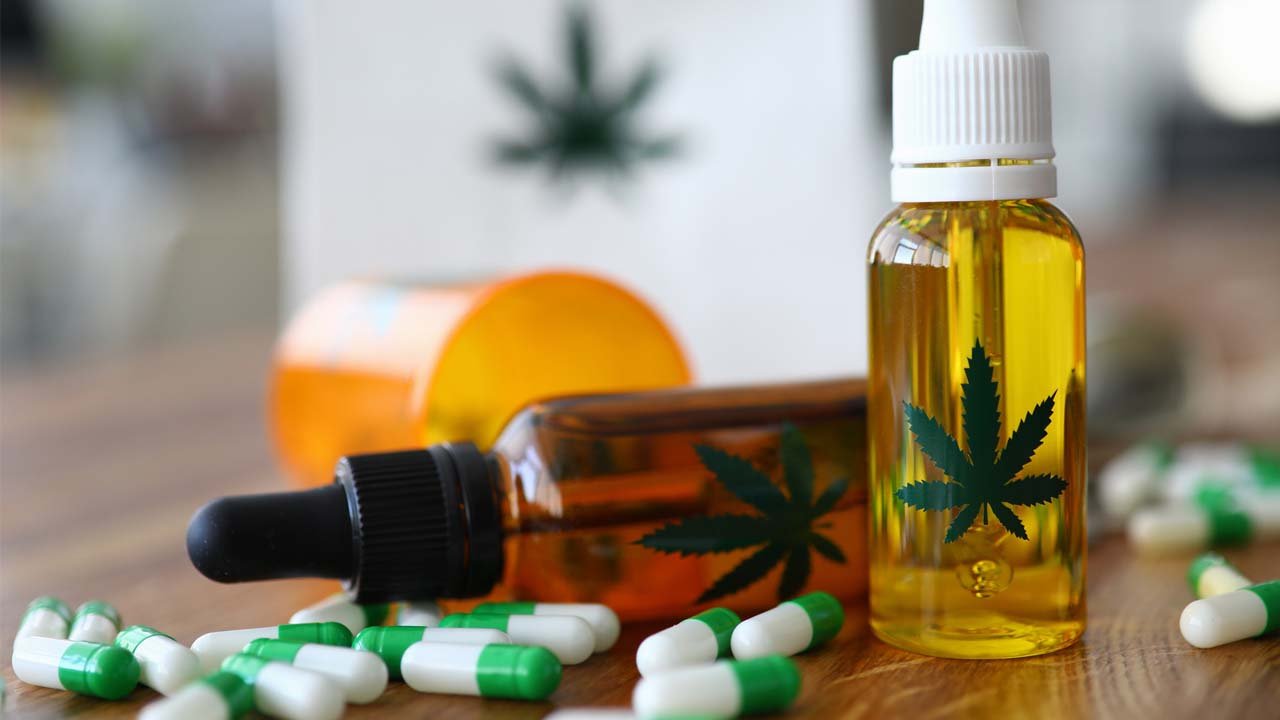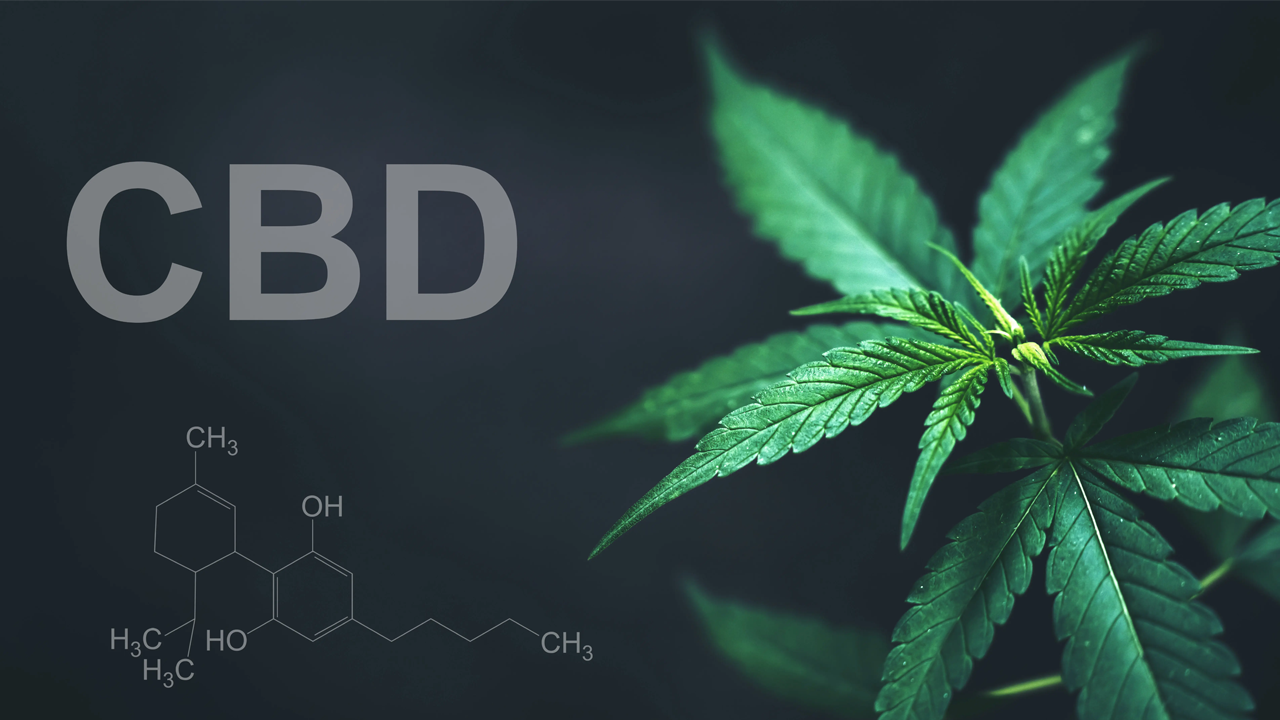Exploring the Benefits of CBD for Managing Stress in Healthcare Professionals
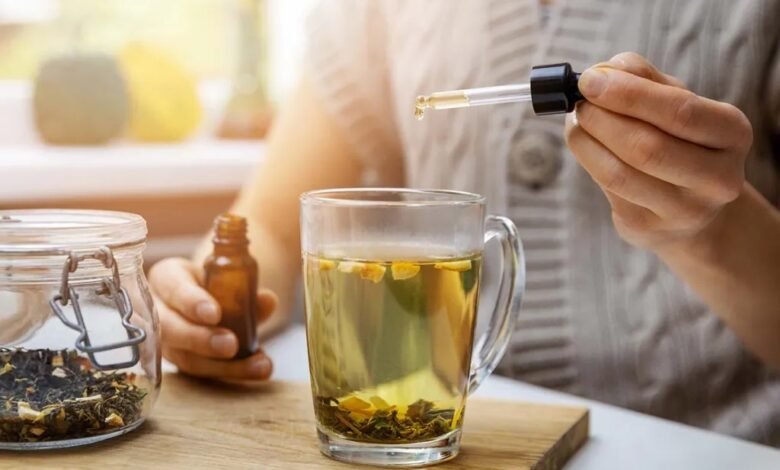
CBD, short for Cannabidiol, is a component found within the Cannabis sativa plant. When applied topically or ingested through smoking or edibles, CBD interacts with neuroreceptors in the endocannabinoid system, which helps regulate various bodily functions such as movement, mood, and immune response. CBD is commonly extracted from cannabis sativa into oil and mixed with carrier oils like hemp seed oil for consumption. A survey of 2,000 US adults by OnePoll for Forbes Health found that among the 60% who have used CBD, 55% prefer CBD oils and tinctures.
In recent times, there has been considerable interest in Cannabidiol (CBD) due to its perceived advantages as a natural supplement. Derived from the hemp plant, CBD is gaining traction as a favored option for individuals looking for alternative wellness remedies. Being entirely natural, CBD presents numerous practical benefits without requiring a doctor’s prescription, thereby catering to a broad demographic. This piece endeavors to delve into the diverse benefits of CBD as a supplement while addressing its constraints, including its efficacy as a stress relief tincture.
Read More: The Benefits of Using CBD for Seniors: A Comprehensive Guide
Explore the Contents
Exploring CBD’s Calming Effects and Potential as an Antidepressant:
CBD’s ability to induce calmness is one of its most widely recognized effects, contributing to its widespread use. In 2017, research published The anxiety levels of 57 male participants subjected to a simulated public speaking test were examined by the Brazilian Journal of Psychiatry. Participants were administered either a placebo or varying doses of CBD—150 milligrams, 300 milligrams, or 600 milligrams—before their speeches. The findings revealed that individuals who received 300 milligrams of CBD experienced a significant anxiety reduction compared to those who received the placebo. Intriguingly, participants who received either 150 or 600 milligrams of CBD reported increased anxiety levels during the test in comparison to the 300 milligrams group.
Additionally, preliminary research in mice suggested that CBD exhibits effects akin to the antidepressant imipramine. However, human trials are necessary to ascertain whether CBD can elicit a similar antidepressant response in humans.
Embracing CBD as a Natural Supplement:
CBD’s appeal as a supplement primarily stems from its natural origin. Obtained from the cannabis plant, CBD is not artificially manufactured, catering to individuals who favor natural remedies. Opting for natural supplements typically entails fewer undesirable side effects than synthetic medications. This attribute makes CBD appealing to those seeking a holistic wellness regimen.
CBD’s Role in Treating Epileptic Seizures:
CBD has shown effectiveness in managing specific instances of epileptic seizures.
In 2018, the Food and Drug Administration (FDA) approved the utilization of CBD, marketed as Epidiolex, for controlling seizures linked to Lennox-Gastaut syndrome and Dravet syndrome—two uncommon forms of epilepsy—in patients aged two years and above.
Three extensively researched studies supported the FDA’s decision. These trials involved 516 patients diagnosed with Lennox-Gastaut syndrome or Dravet syndrome, who were administered either Epidiolex or a placebo. When combined with other prescribed medications, Participants who received Epidiolex experienced a decrease in the frequency of seizures compared to those who were administered the placebo.
Exploring the Growing Popularity and Accessibility of CBD Supplements for Wellness:
The surge in demand for CBD supplements is evident globally, with a notable rise in users. In the UK alone, an estimated 6 million adults, representing around 11% of the population, have utilized CBD products within the last year. This growing popularity underscores many individuals’ perceived benefits from integrating CBD into their daily wellness regimens.
CBD, an over-the-counter supplement, can be obtained without a prescription, ensuring easy accessibility for those curious about its effects. With CBD in various forms like oils, capsules, and topicals, individuals can select the consumption method that best suits their preferences and requirements. This includes options like a stress relief tincture catering to specific needs for relaxation and well-being.
CBD’s Potential for Alleviating PTSD Symptoms: Findings from Research:
In a limited 2018 study featured in the Journal of Alternative and Complementary Medicine, scientists examined the impact of CBD on 11 participants undergoing standard psychiatric treatment for post-traumatic stress disorder (PTSD) over eight weeks. The majority, ten out of eleven, reported a reduction in their PTSD symptoms, indicating CBD’s potential efficacy in symptom management. According to Margaret Rajnic, a doctor of nursing practice specializing in medical cannabis and CBD. At the same time, CBD can help alleviate anxiety associated with PTSD; it should be used in conjunction with therapy for optimal results.
Read More: Unleashing the Benefits: CBD Oil for Dogs at Petco 2024
Additional human trials conducted between 2012 and 2016 also suggest that CBD may effectively reduce PTSD symptoms. Some studies involved the combination of CBD with THC, the primary psychoactive component in cannabis, which produces what’s known as an “entourage effect.” This synergy between THC and CBD enhances their respective therapeutic benefits. For instance, when taken together, THC and CBD can mitigate the psychoactive effects of THC, while a combination of CBD with a small amount of THC can amplify the therapeutic effects of CBD.
Conclusion:
Before considering CBD, consulting a healthcare professional to assess your health background, objectives, and requirements is advisable. For beginners, some specialists advise commencing with a minimal dosage as recommended on the product label. Monitoring your well-being and assessing whether you achieve your desired wellness outcomes is essential. Should you encounter any adverse effects, it might be beneficial to explore alternative treatment approaches.

